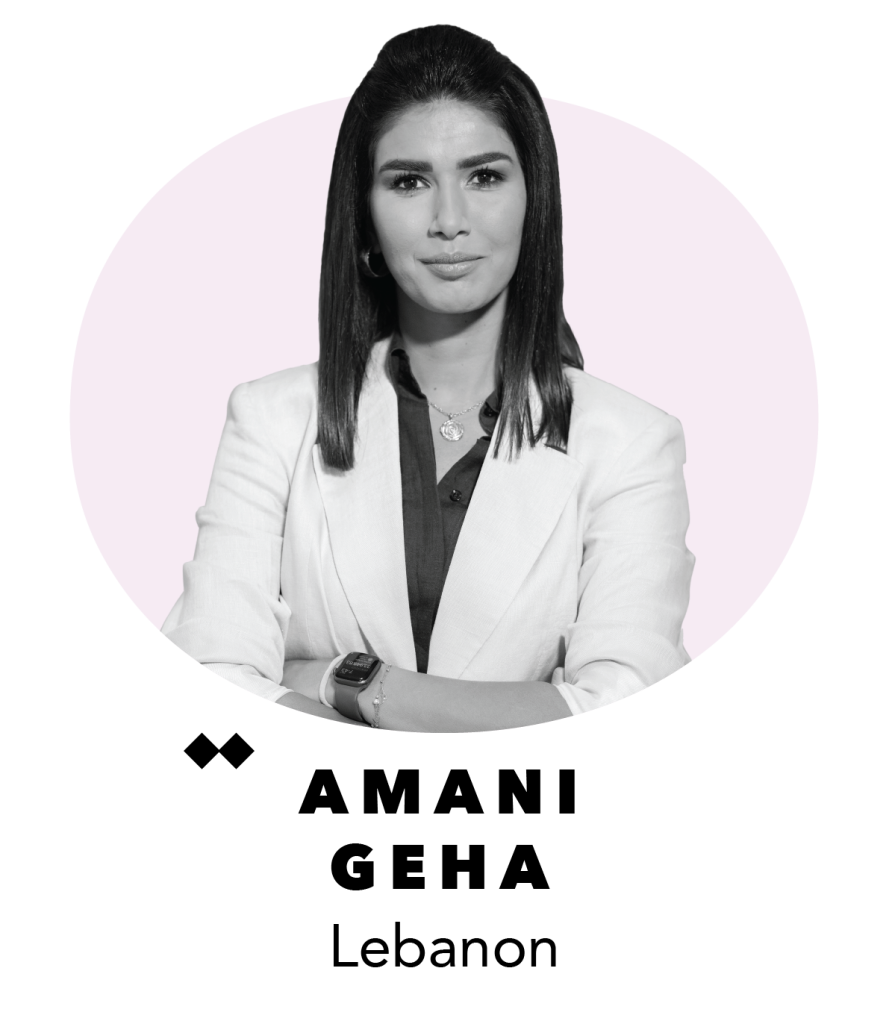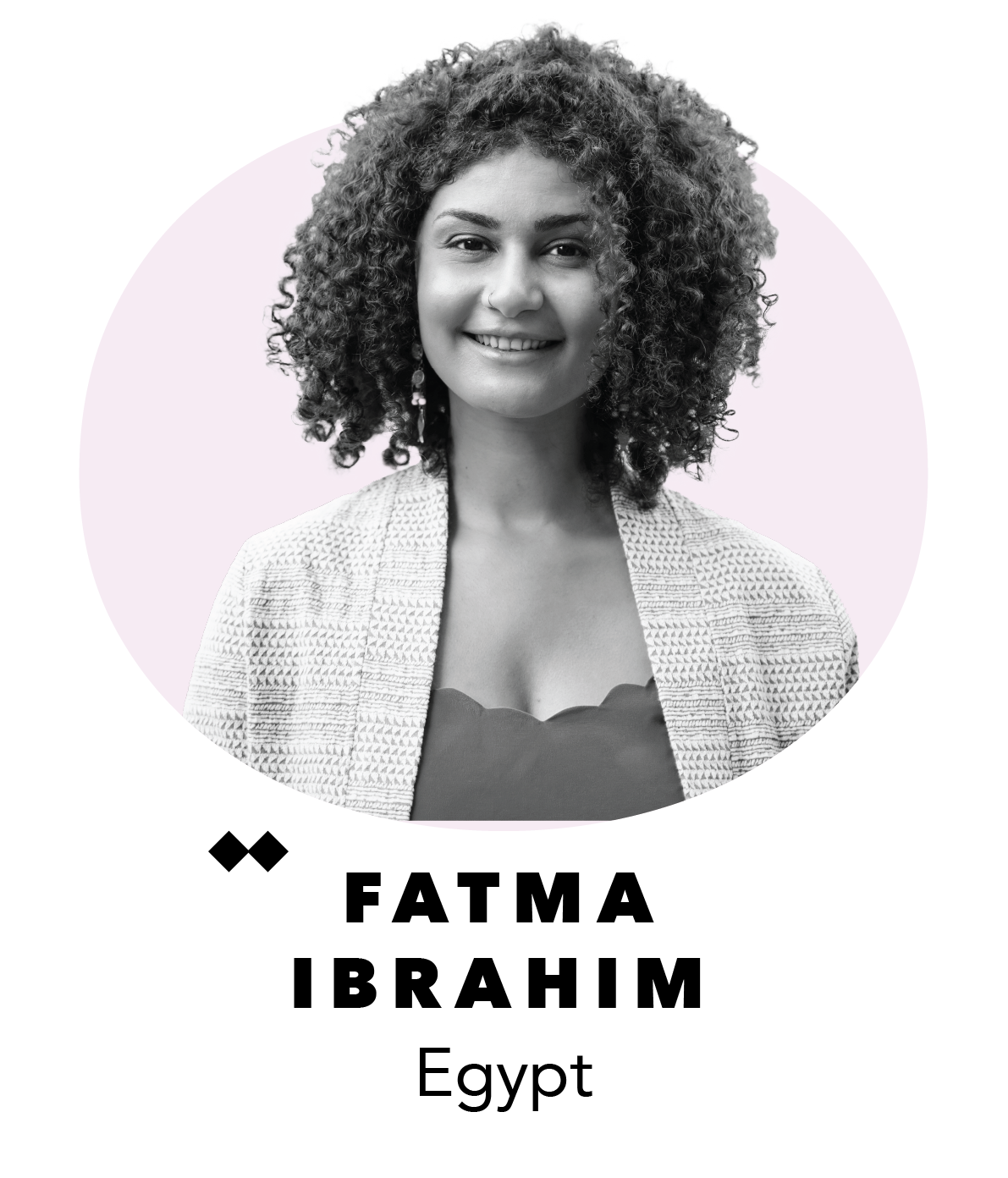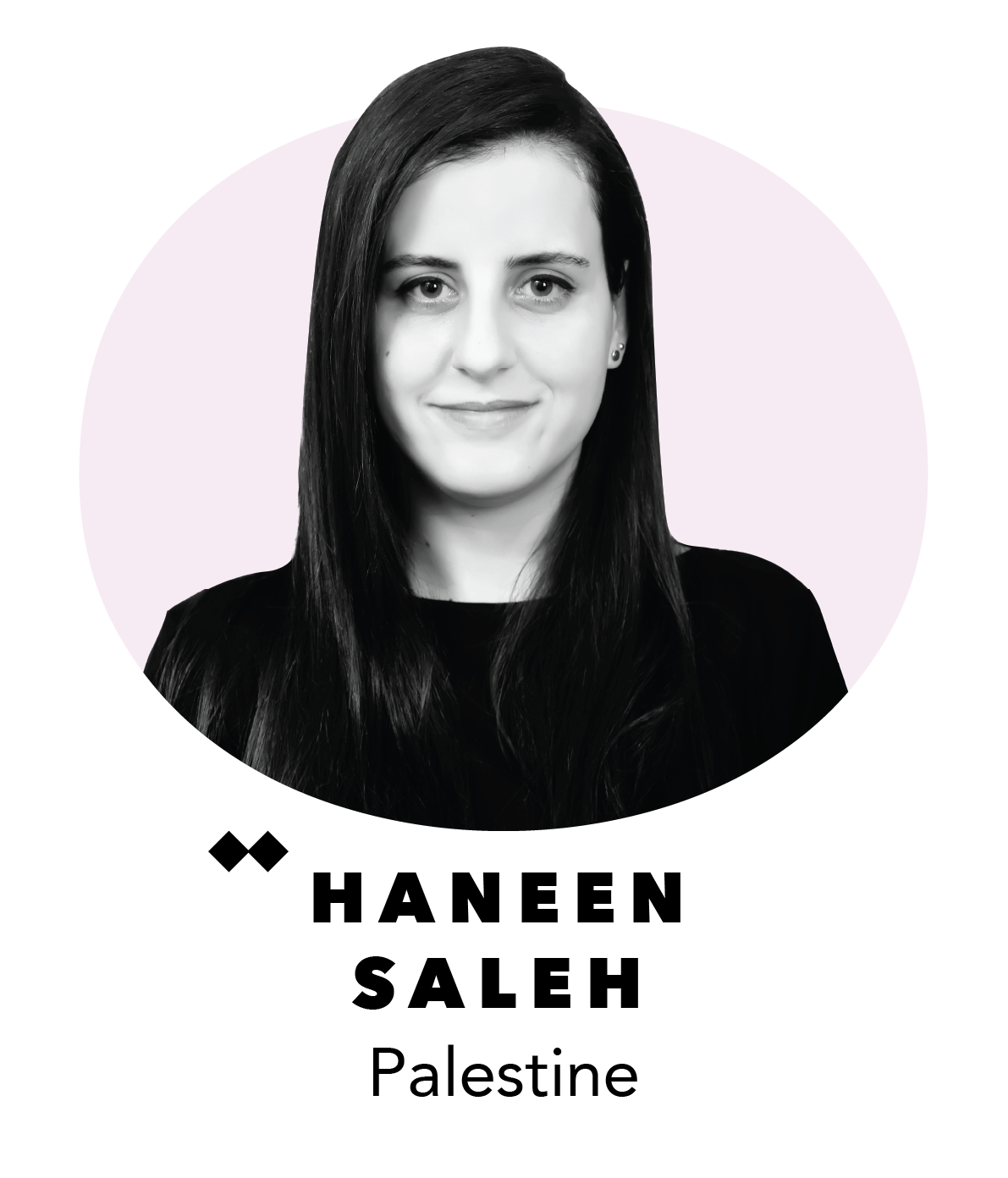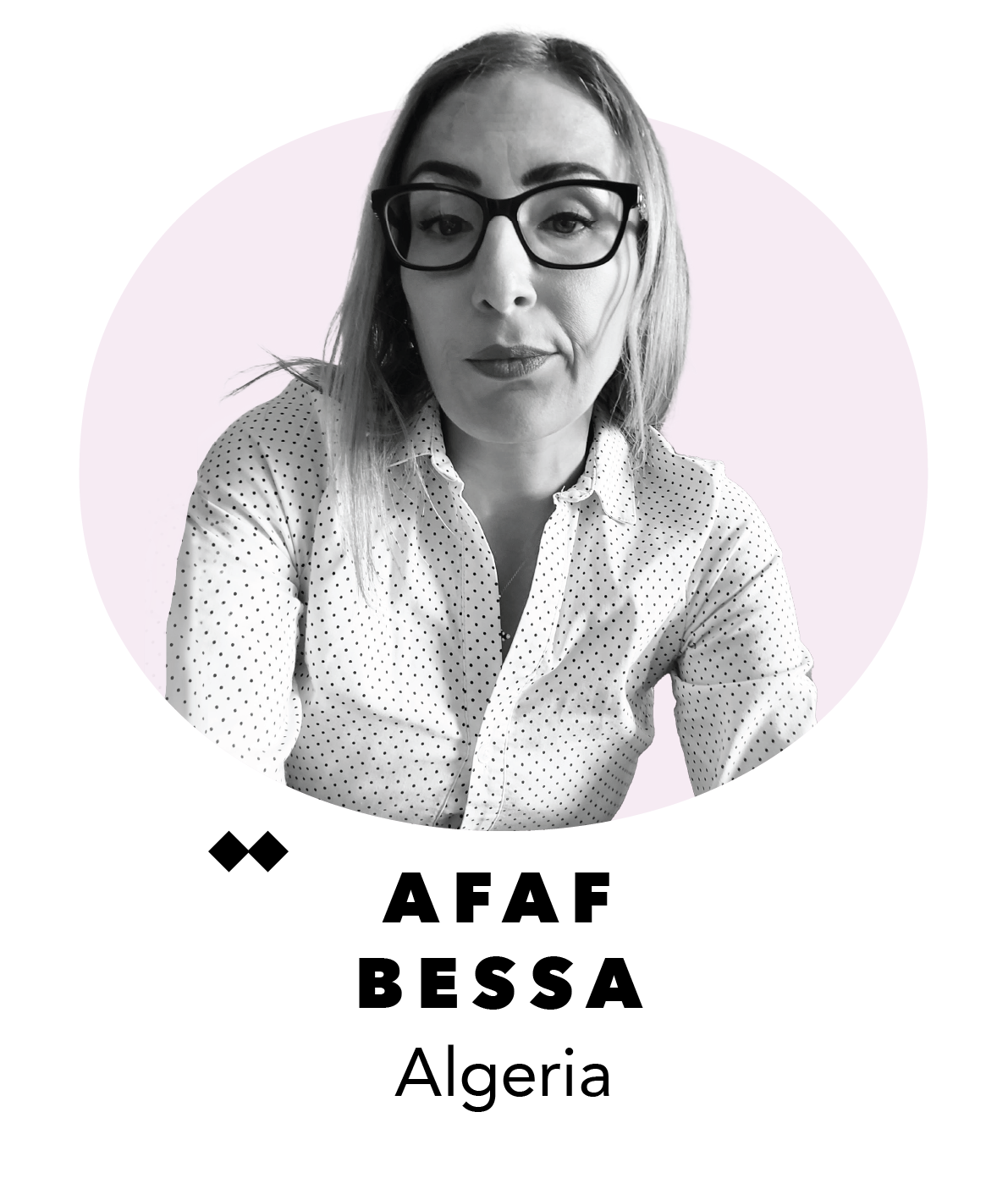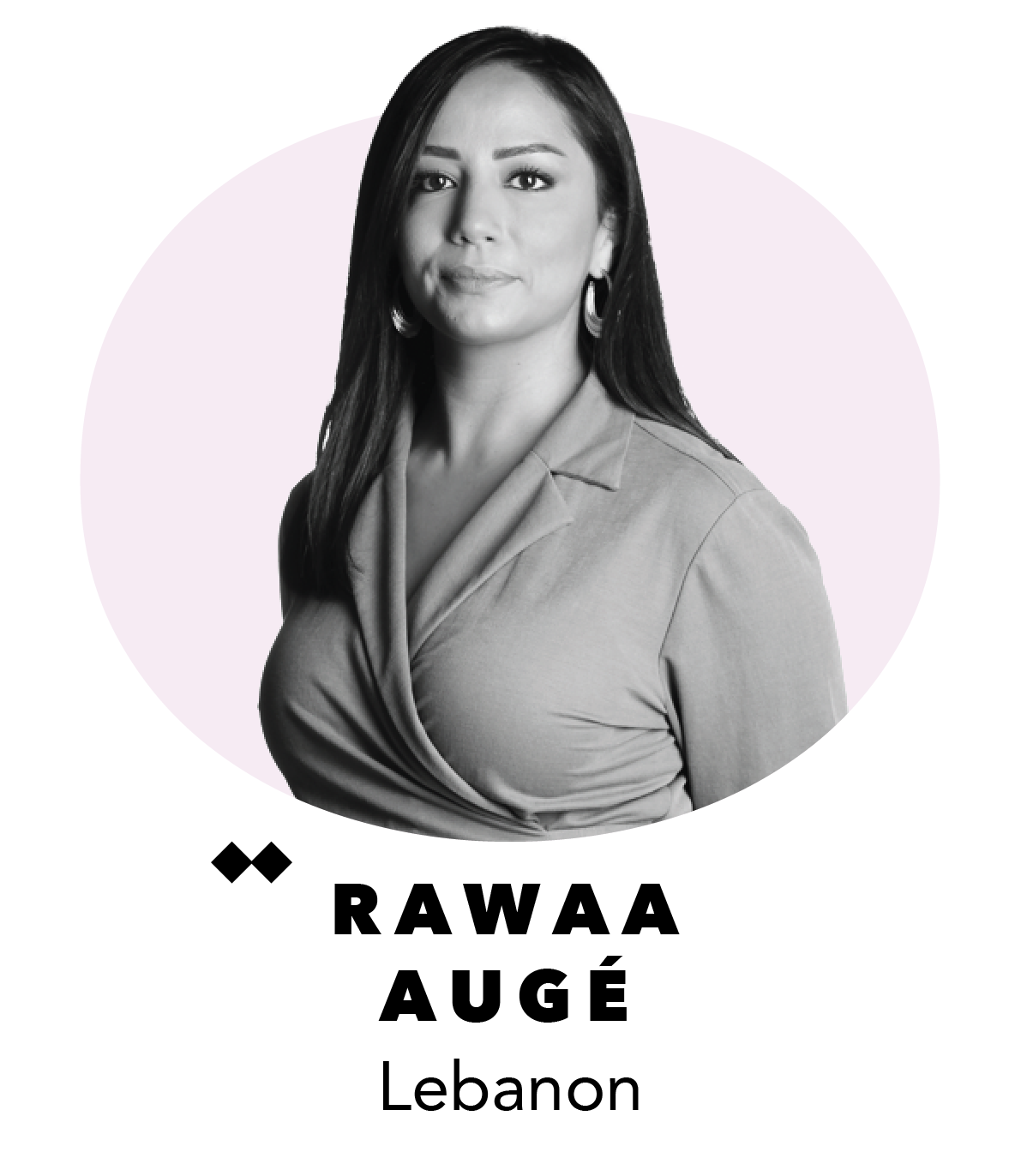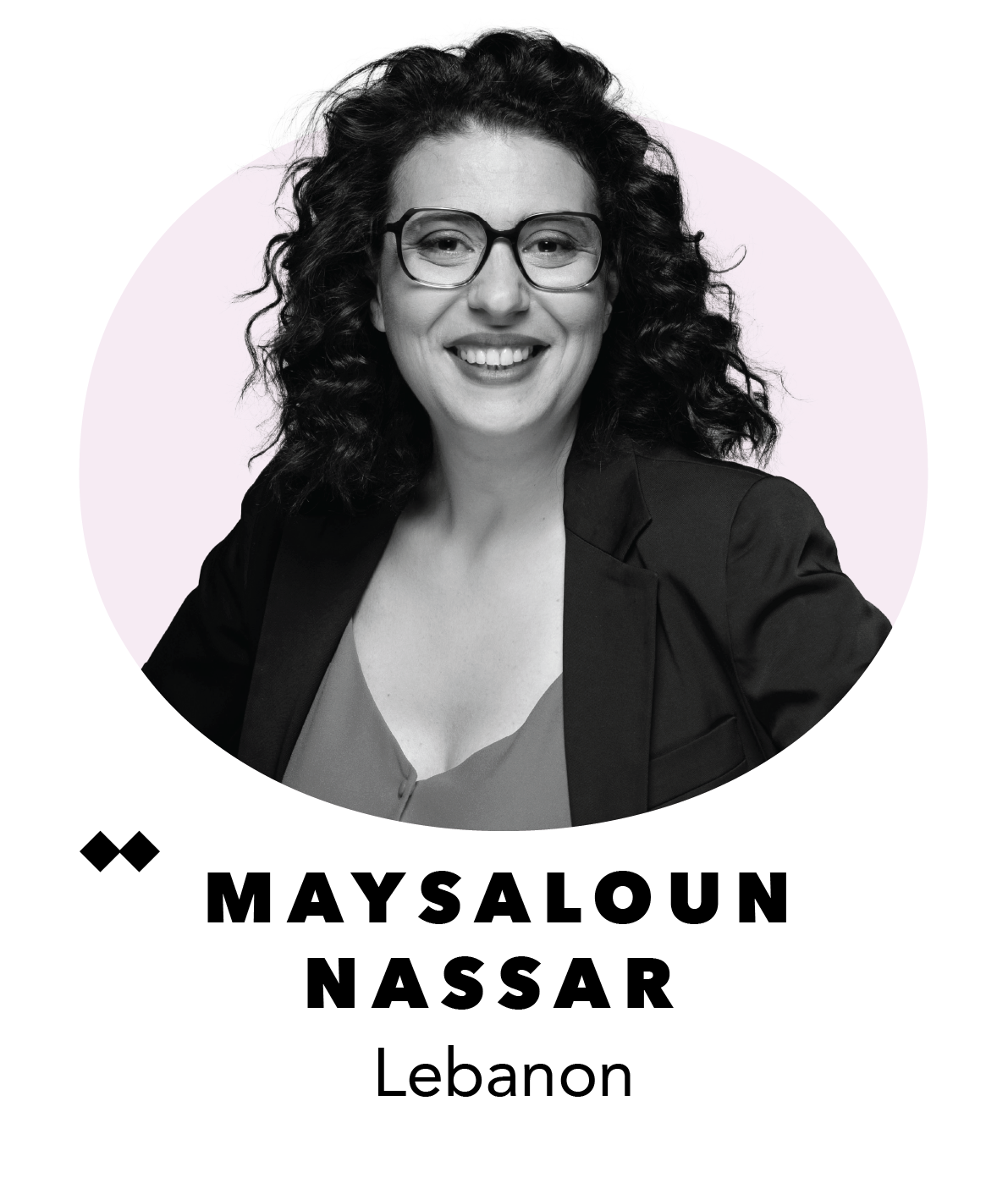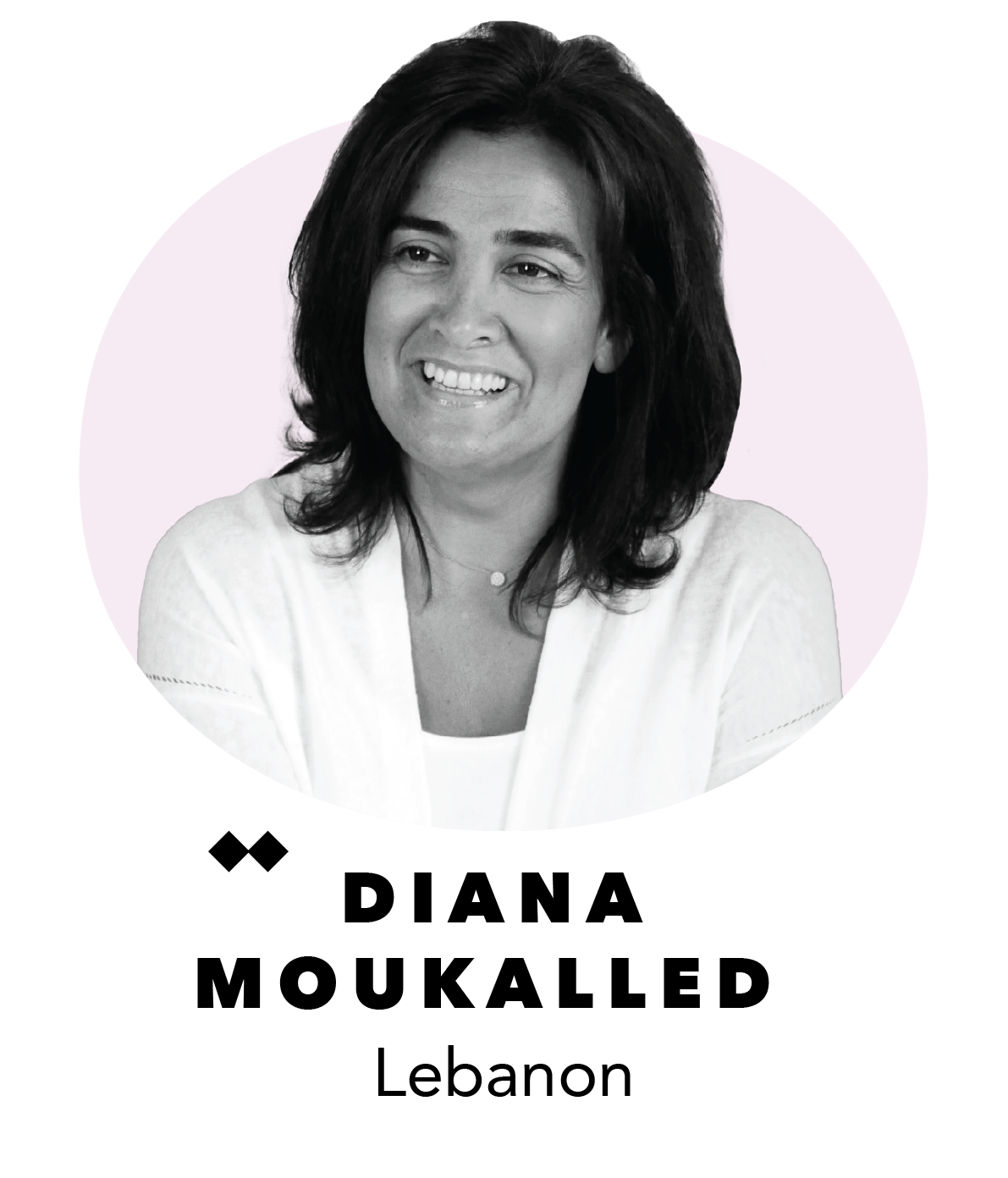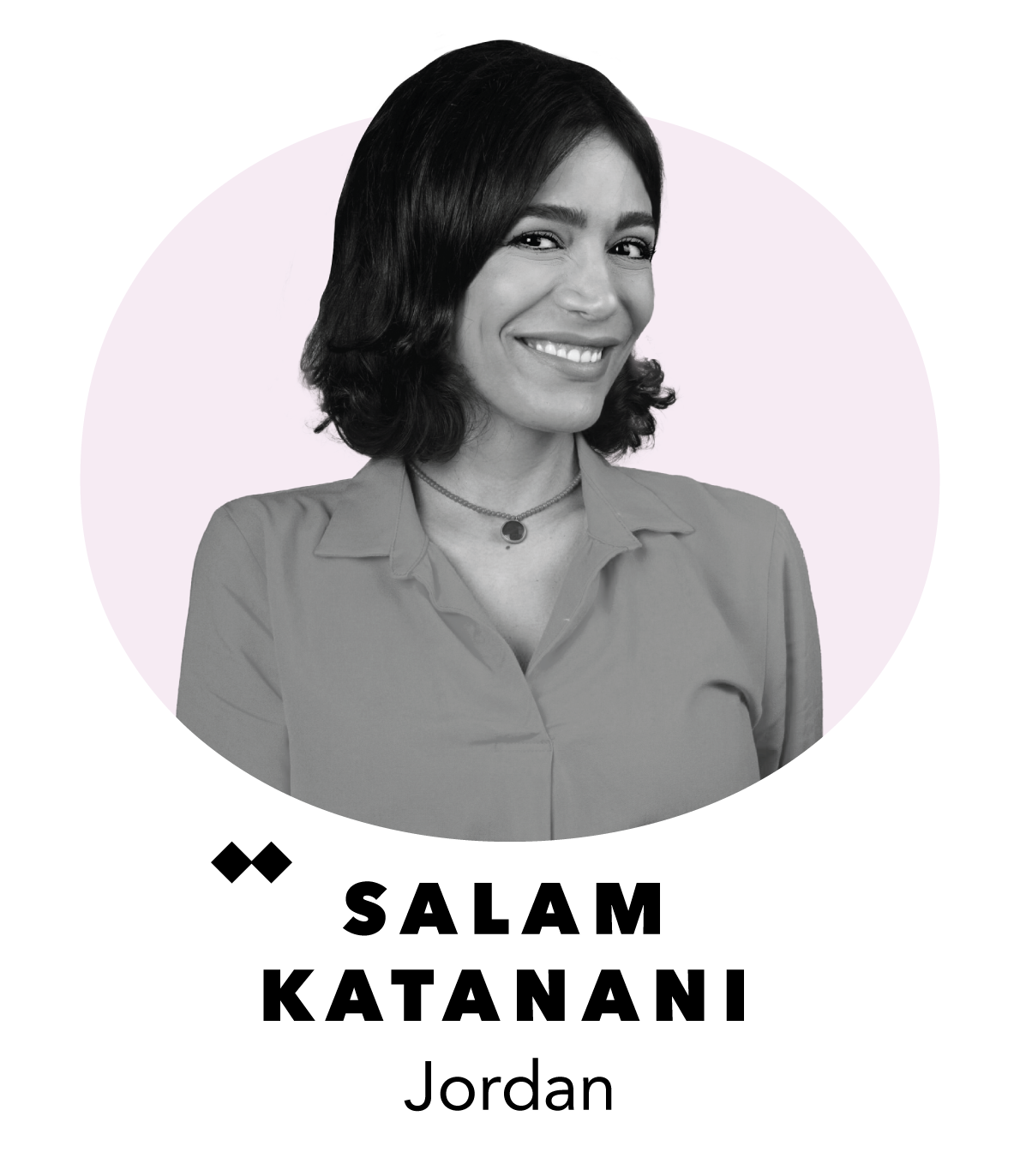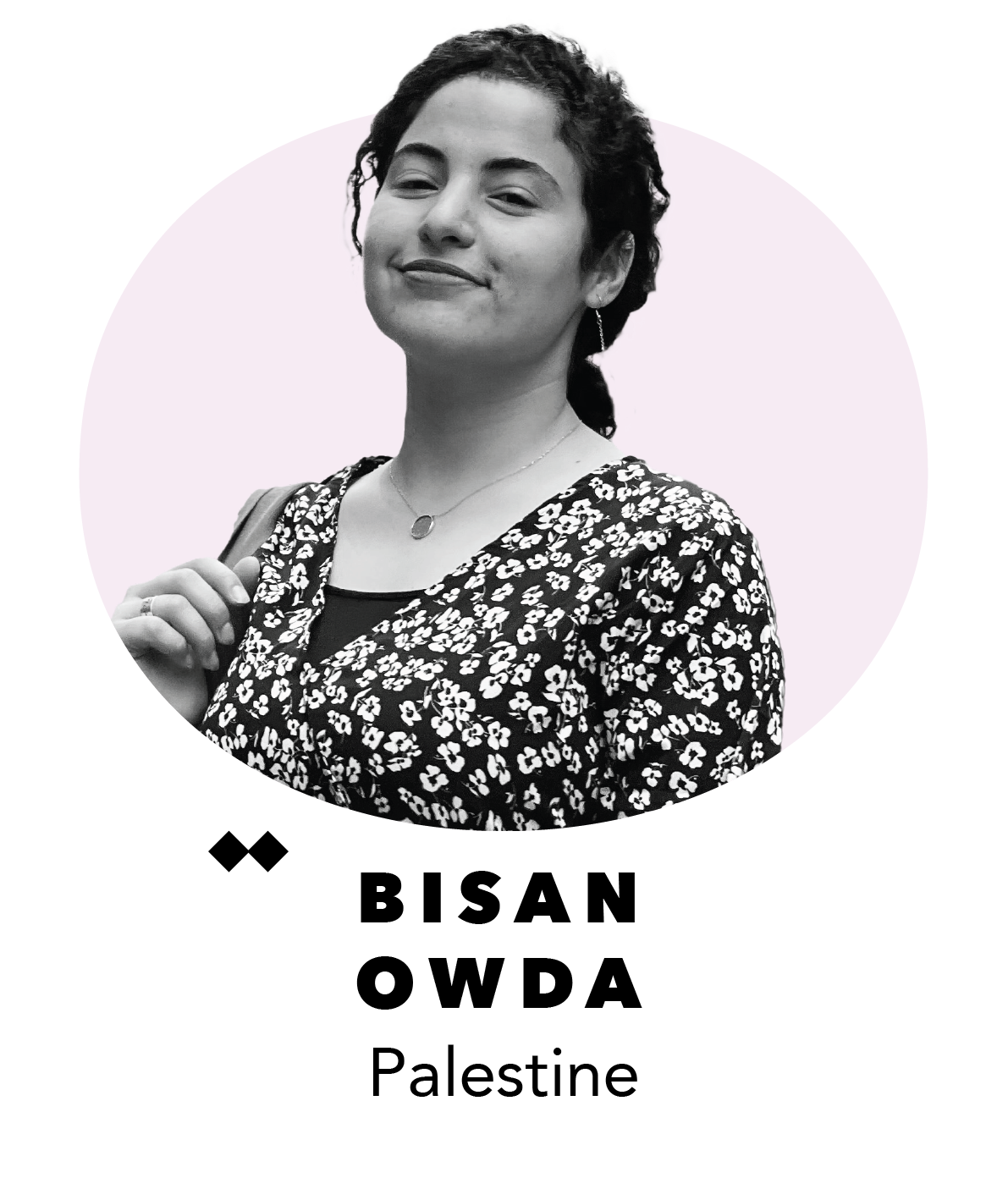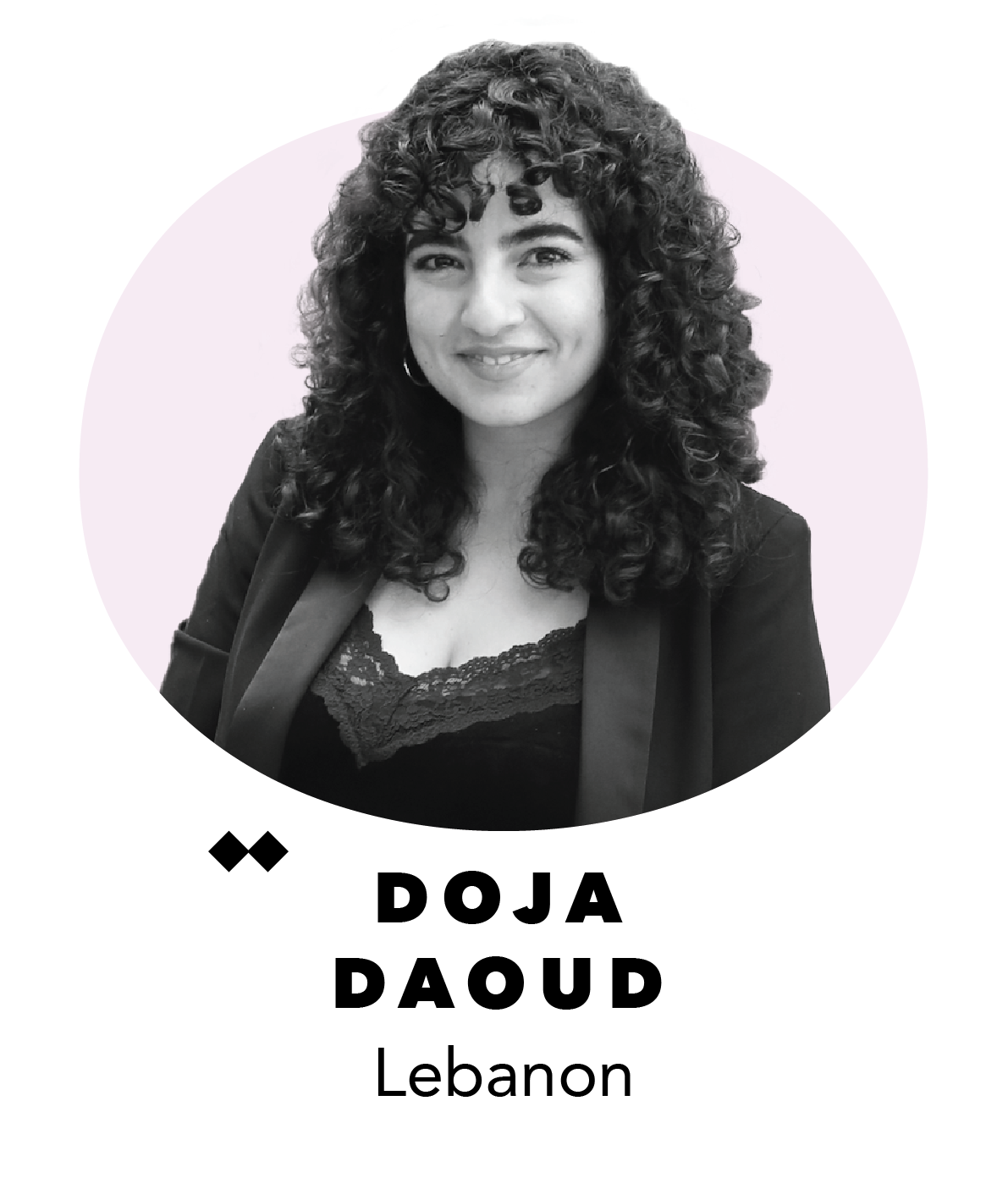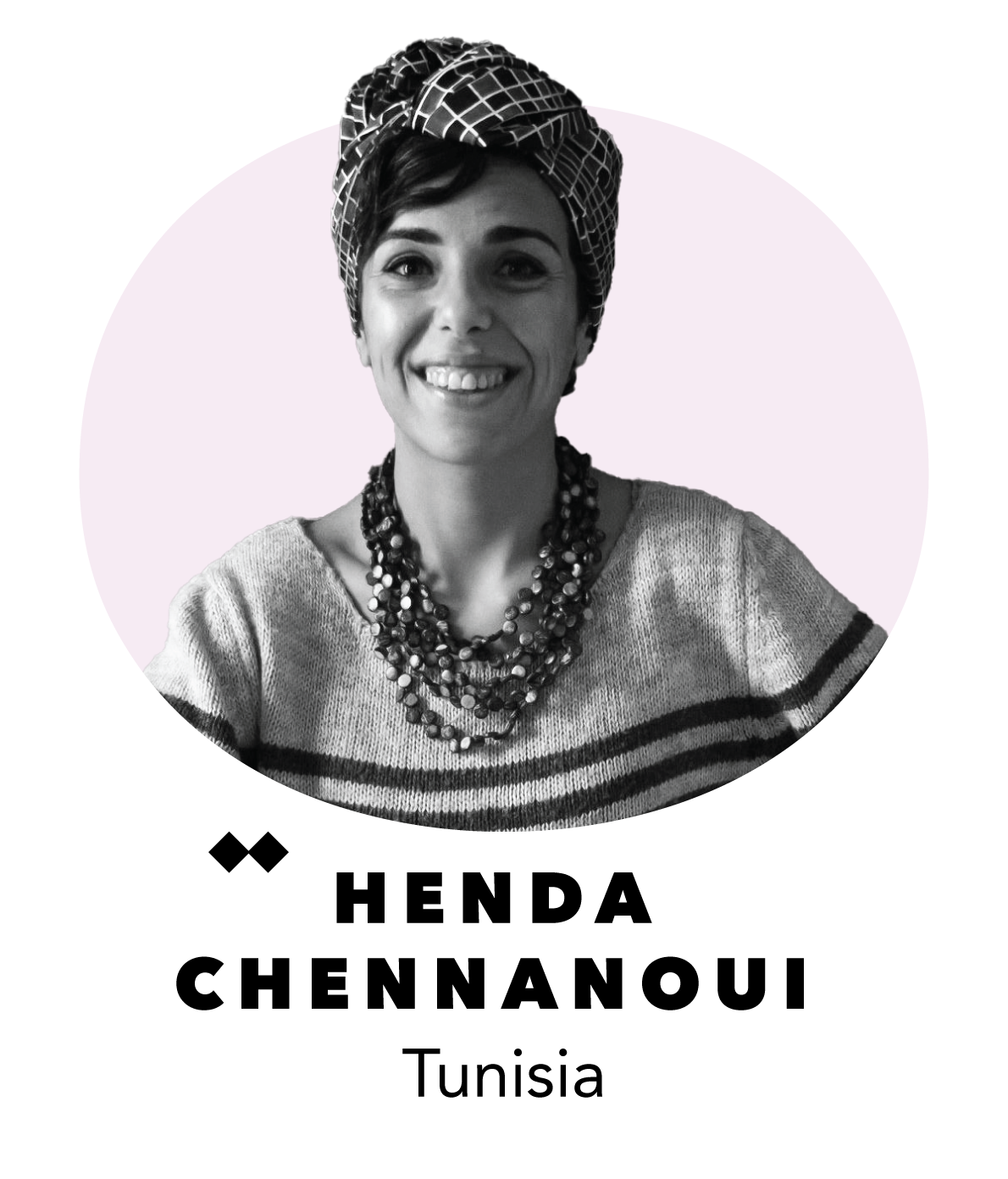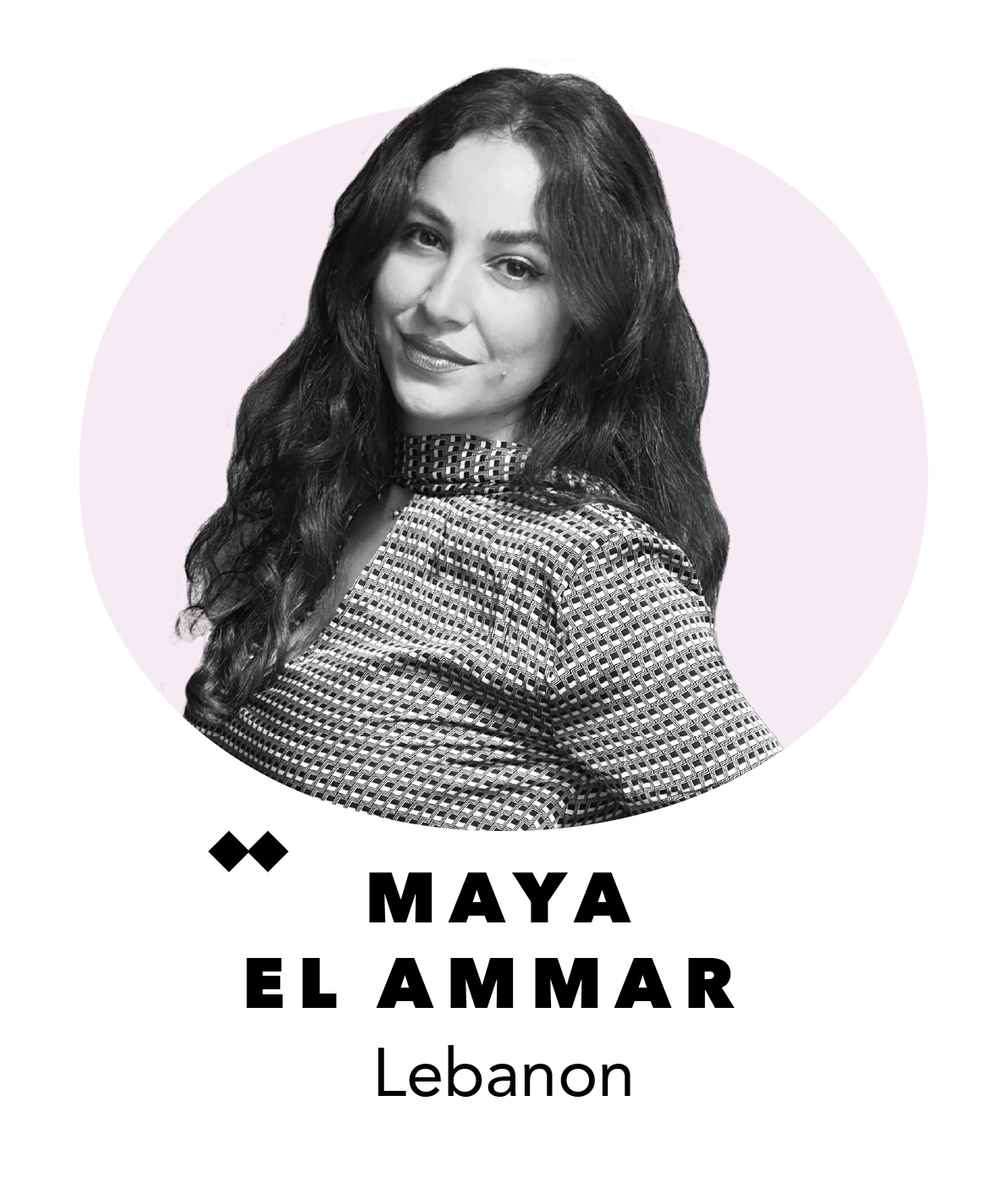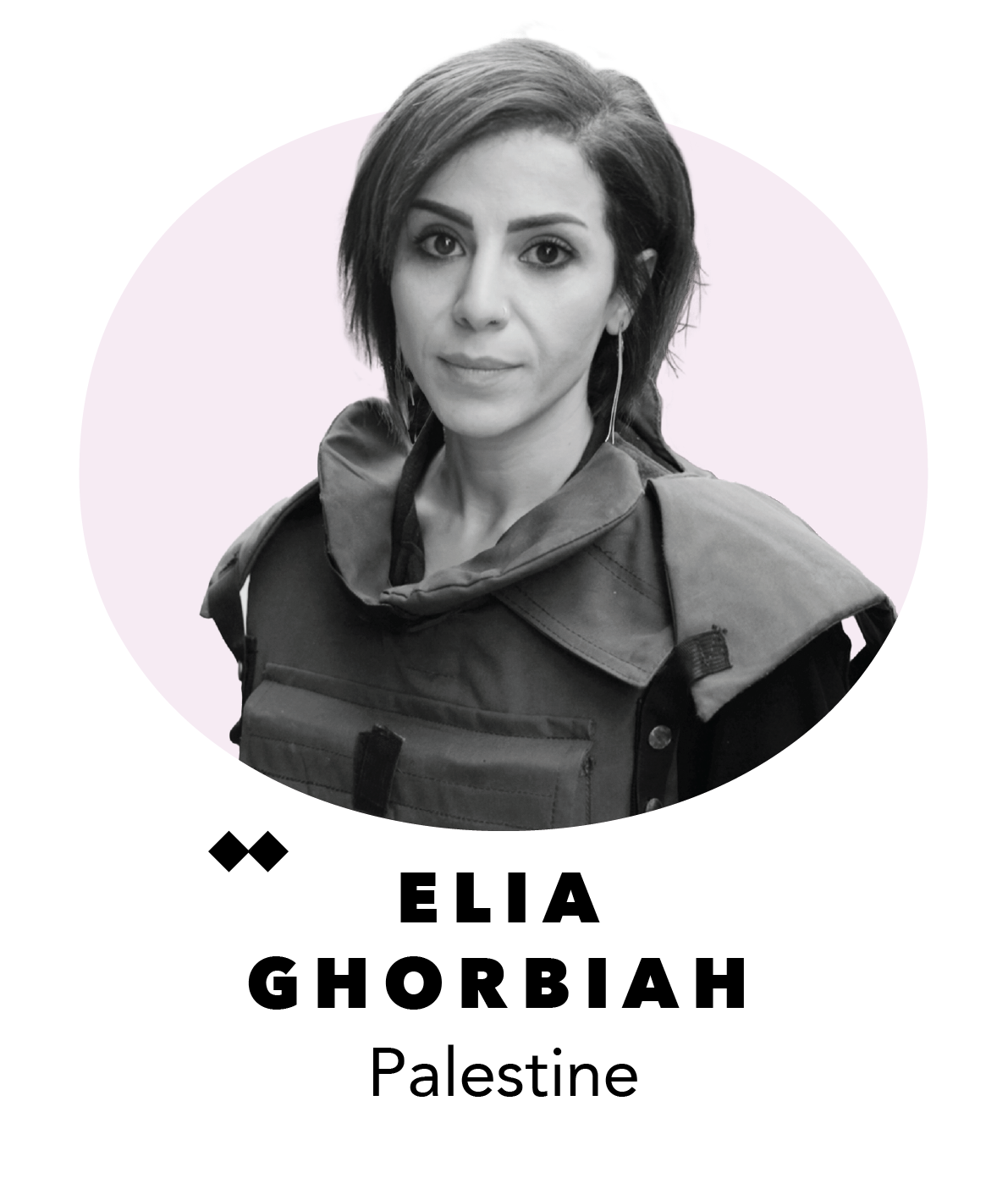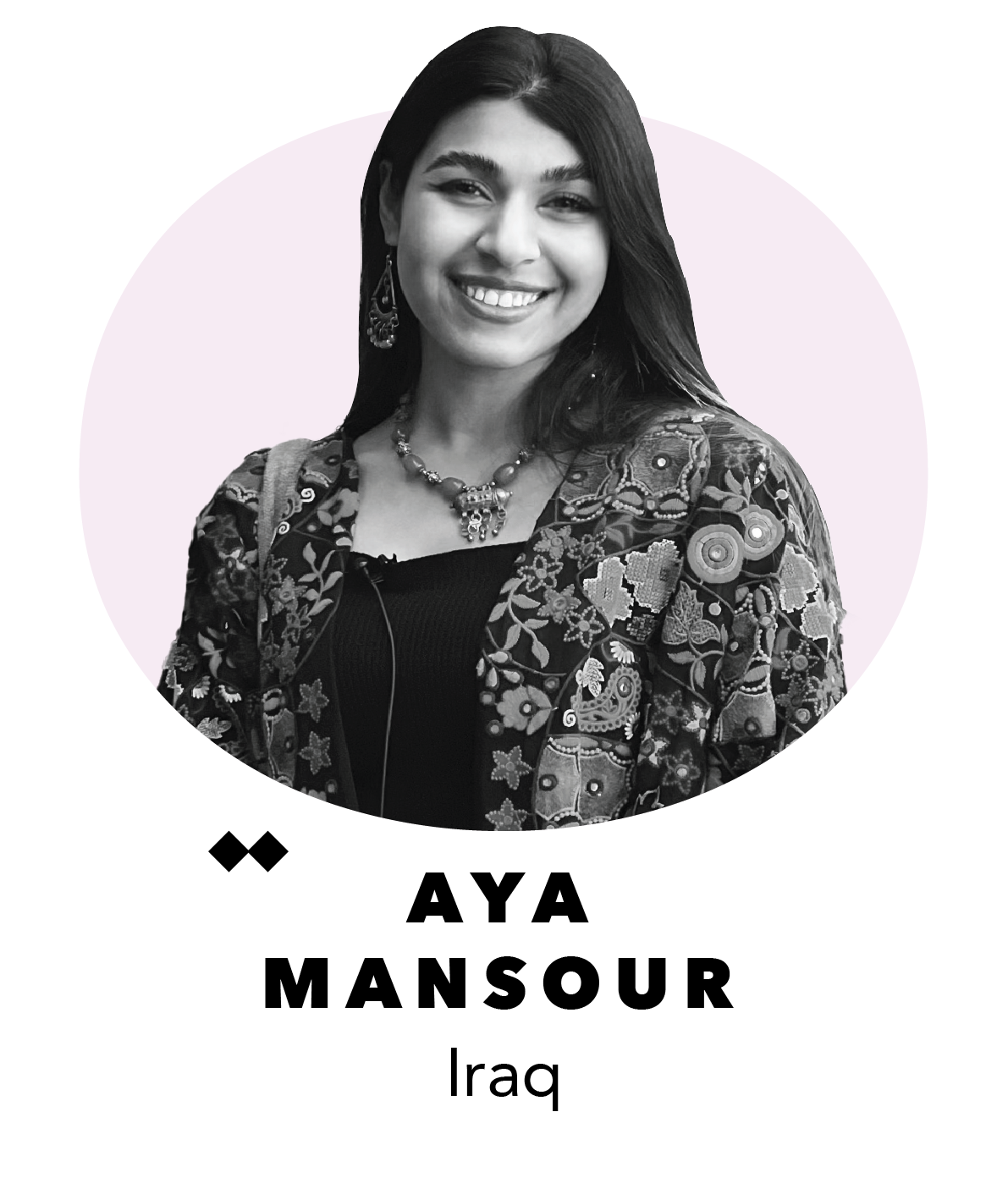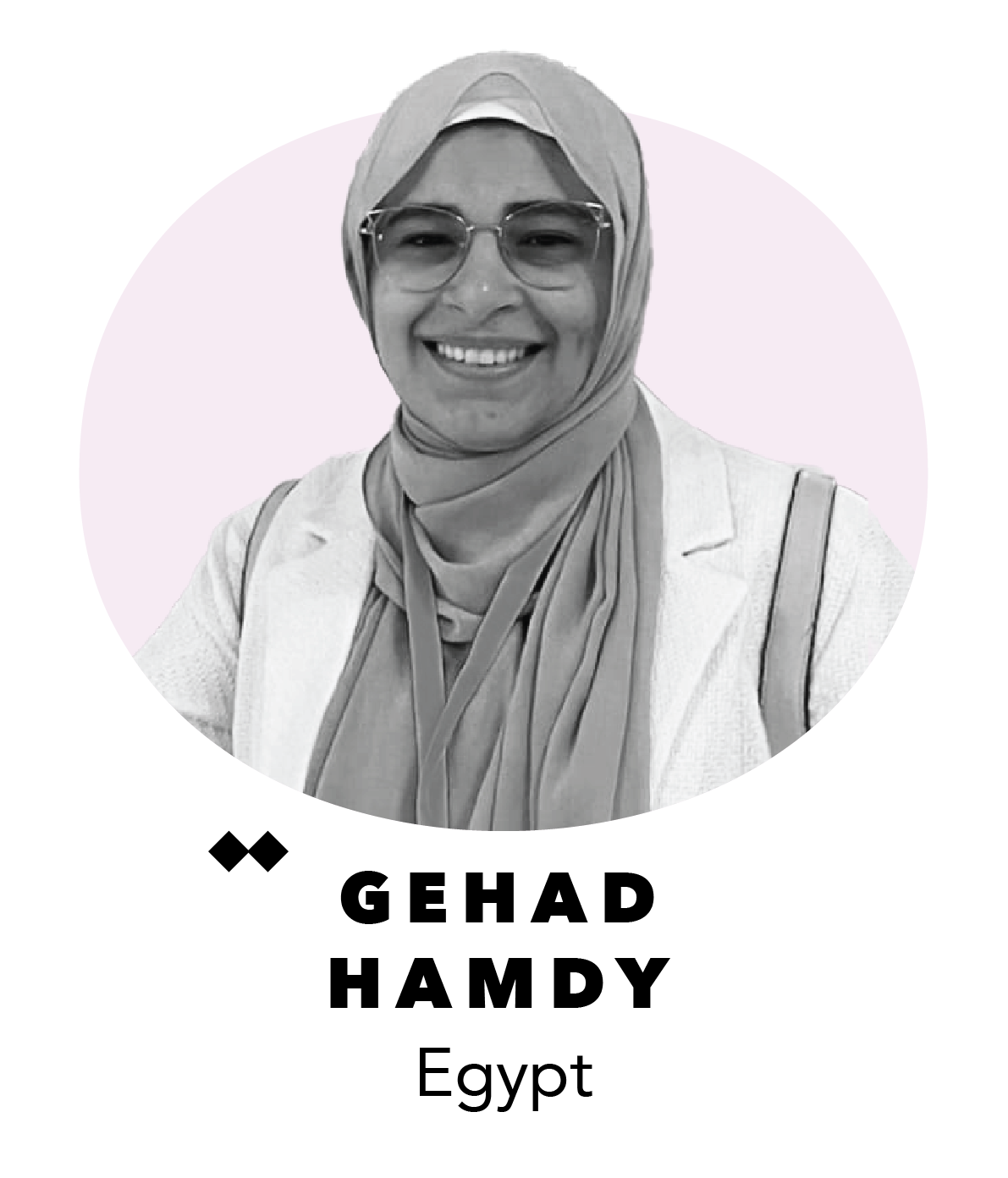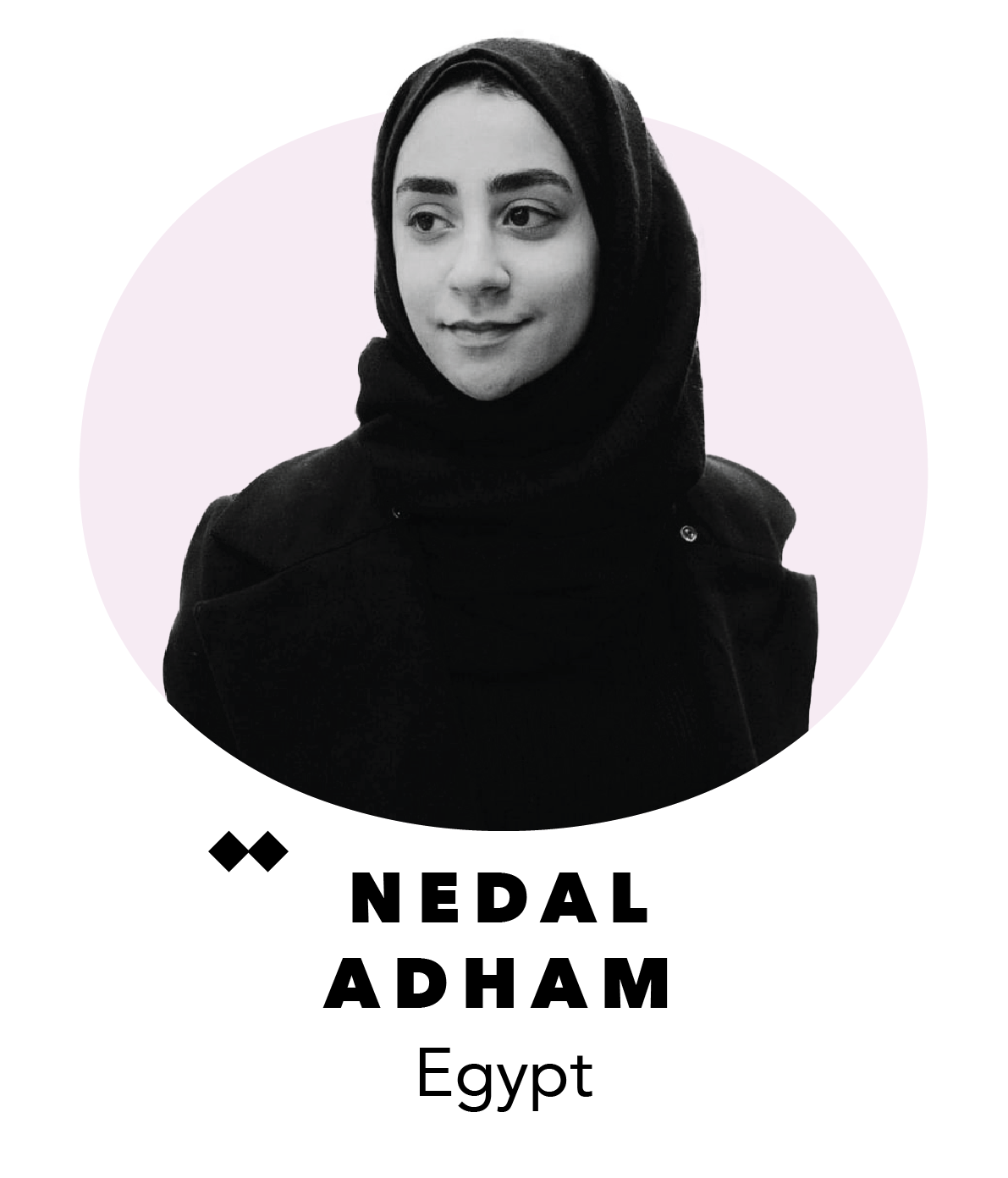
Considering the growing influence of digital media on feminist and other progressive movements and vice-versa, No2ta, in partnership with Friedrich-Ebert-Stiftung (FES), ABAAD, Open Society Foundation (OSF) and HIVOS, is planning to organize the first regional feminist digital media forum. The forum will bring together representatives of progressive online platforms, feminist activists and journalists, representatives of online feminist or progressive initiatives, and representatives from the digital industry to discuss the ways in which digital media can be leveraged to create positive change.
This forum is a three-day event that features engaging panel discussions, how-to workshops, and a closed one-day meeting through which we aim to start a regional dialogue with feminists and other progressive actors on advancing feminist digital media and pave the way to create a network of progressive and feminist actors who can better organize and influence the narratives around feminist and social justice issues in the region. Participants will be able to engage with like-minded individuals while also learning more about how to make their feminist content and messaging more intersectional, relatable, and engaging.


In this panel, discussions will shed light on whether feminist actors have played a significant role in challenging and breaking down societal taboos surrounding topics such as sexual health, menstruation, femicides and other topics that are traditionally seen as sensitive and private. The discussion will explore whether the backlash faced by such actors limits the space for dialogue or not and if such forms of online activism are capable of normalizing discussions about taboos towards breaking the stigma around them.
The aim of this panel is to open a discussion on how to continue to normalize conversations around taboo topics that hinder gender justice and reinforce traditional gender roles and stereotypes.
Speakers And Moderator:


This panel discussion will explore the transformative potential of feminist leadership, particularly in media, and highlight the significance of editorial decision-making that upholds and amplifies feminist and queer perspectives without silencing them. By shifting the narrative away from sexist, racist, and gender-biased frameworks, we can embrace intersectionality and elevate all feminist struggles.
Through this open dialogue, our aim is to empower individuals to challenge and disrupt the patriarchal practices in media spaces while encouraging women to take on leadership roles, and practice feminist leadership, to better shape narratives in a feminist way.
Speakers And Moderator:


In this exciting and inspiring workshop, we embark on an exploration of the complex world of human thought and critical thinking. We will become acquainted with the cognitive biases that influence our decision-making and the labyrinth of logical fallacies. Join us on an enriching journey designed to elevate your understanding of the human mind.
Facilitator /Trainer: Salam Katanani


In this panel, we will explore the transformative potential of integrating an intersectional feminist lens and perspective into various online discussions on social, economic, environment, and political challenges, highlighting how intersectional feminism, not only challenges patriarchy, but also aims to dismantle all systems of oppression.
The discussion will involve compelling examples of how specific types of intersectional feminist content, campaigns, and movements contributed to significant transformation towards gender or social justice while examining how some platforms, pages, and activists usually use intersectionality beyond traditional feminist/women’s issues.
Speakers And Moderator:


Human stories encompass more than just individual experiences. They provide valuable insights into collective experiences, shedding light on broader patterns of oppression, exploitation, resilience, and triumph. Women’s stories foster empathy and understanding among individuals. They humanize the experiences of women, allowing others to recognize the shared humanity and struggles across different backgrounds and cultures. Such stories have the potential to serve as catalysts for social change. When people hear and empathize with these stories, it can inspire them to act and challenge existing power structures. Such narratives can help dismantle oppressive systems and work towards a more equitable society.
The panelists will be discussing how reflecting women’s stories and other marginalized individuals in the digital space contributes to a greater understanding of the multi-faceted challenges and obstacles they encounter due to societal norms, biases, and discrimination.
Speakers And Moderator:


